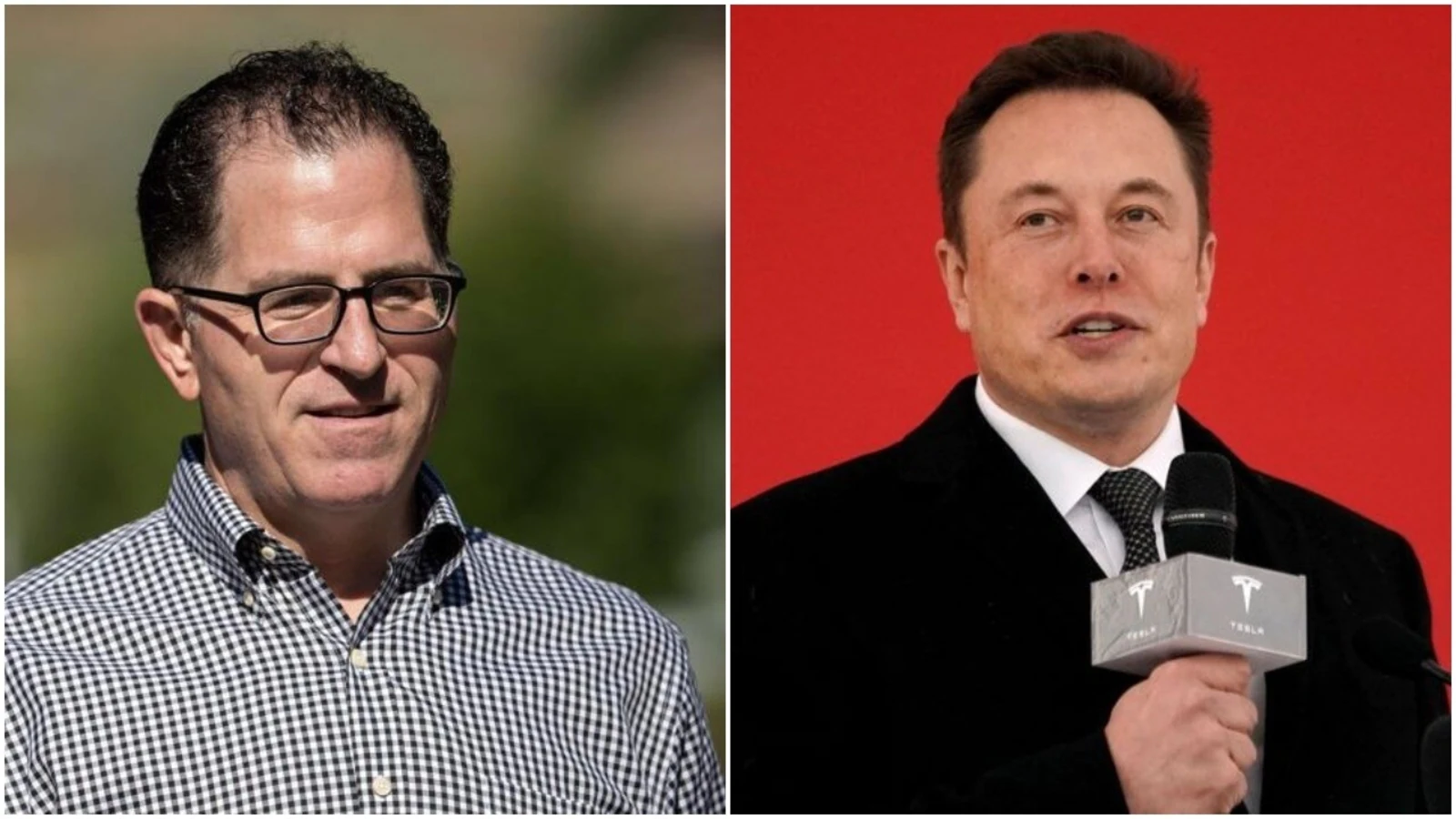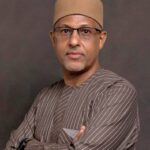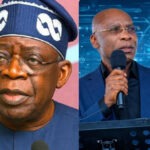The Interesting Difference Between Michael Dell and Elon Musk
Elon Musk has gone on record saying that environmental, social, and governance (ESG) efforts are “a scam” that has “been weaponized by phony social justice warriors.” Were we back in the early 2000s,...

Elon Musk has gone on record saying that environmental, social, and governance (ESG) efforts are “a scam” that has “been weaponized by phony social justice warriors.”
Table Of Content
Were we back in the early 2000s, he’d have been right. Back then, Dell’s ESG plan of record was to plant a tree for every complying sale. The entities doing ecology-based social justice programs were infamous for supporting those that paid them and punishing those that didn’t, with little impact on true sustainability.

But that was then, and now companies like Dell, HP, and Lenovo report billions of dollars in additional sales due to genuine ESG efforts. These efforts are having a significant impact on the amount of waste put back into the environment.
What I find ironic is that of the two CEOs, Musk, whose Tesla and Hyperloop efforts benefit from the world’s focus on sustainability, appears to be anti-sustainability, while Michael Dell, where ESG isn’t a natural sales driver for his company, is all in on preserving the planet.
Let’s contrast these two CEOs’ focus on sustainability this week, and we’ll close with my new favorite part of Office 365, Microsoft Designer, the DALL-E 2-focused, AI-driven solution that is my product of the week.
The Lack of Irony in Tech’s ESG Focus
Last week, Dell held its post-Dell Technologies World event to address any lingering questions from the press and analyst communities.
Dell was recently ranked most loved workspace, not Apple, not Amazon, not Facebook — all of which didn’t even make the ranking, and one of which is facing a massive increase in union activity. Amazon and Facebook are newer than Dell, and Apple is more popular with users, and yet those three are anything but employee-friendly, particularly post-pandemic.
It is also fascinating that not one of Elon Musk’s various companies made that list either, but then Musk has a reputation for treating employees poorly. During the pandemic, he resisted safety directives from California and has since moved his headquarters to Texas, which tends to fall below California in employee care and sustainability efforts. Musk clearly has his priorities, and he tends to place employee care and sustainability below where most large tech companies do.
Now, this isn’t ironic because tech companies tend to be all about metrics, and they measure almost everything. Dell has been particularly aggressive in implementing metrics over the years and showcased that by understanding what was important to stakeholders (employees, customers, partners, investors) and driving policies that would benefit them.
Why Musk’s Lack of ESG Focus Is Ironic
Hyperloop and especially Tesla have a close relationship with sustainability because governments’ focus on eliminating fossil fuel use and improving sustainability have created enormous opportunities for electric car sales and the justification for large-scale people movers like Hyperloop.
Traditional wisdom would suggest that, even if it weren’t real, Musk would be a huge supporter of ESG efforts because they support the approval of Hyperloop-like projects and the sales of electric cars. Further, particularly with those interested in electric cars, buyers tend to be big believers in the “S” of sustainability and tend to have a high probability of investing in solar energy, like with Tesla’s Solar City subsidiary.
In 2024 when the first truly next-generation electric cars come to market, Tesla will face unprecedented competition. Buyers will not only have a far broader choice of electric vehicles but will also be choosing the companies they support. Given their interest in sustainability, they are more likely to choose a greener company.
Starting with BMW, a firm that has popped up as the most technology-forward in the car industry, several companies already are greener than Tesla. To be clear, Tesla should lead on ESG, and instead, it lags badly in this practice, suggesting Tesla buyers that care about sustainability should choose a greener brand.
This year, Musk’s Twitter move has hurt Telsa stock, and Musk’s methods for dealing with employees who view his antics as negative don’t exactly set the bar for employee care and feeding, not to mention good governance.
In contrast, companies like Dell not only promote negative feedback but also aggregate it and use it to make better future decisions. Firing people who point out your mistakes usually ends badly because it destroys employee trust and support, even if the criticism is wrong, which wasn’t in the SpaceX case.
Wrapping Up
What I find amazing is that both Michael Dell and Elon Musk are on record for believing climate change is real and one of, if not the most important, things to fight to protect the human race. It is just that Dell has stepped up aggressively to address the challenge by reducing consumption, assuring green energy sources, and creating intensive sustainability projects like Concept Luna.
In contrast, Musk seems to think this shouldn’t be a priority for companies even though he would benefit more than Dell because of related subsidies and incentives tied to his firms and his products.
I think this comes down to how both men approach their jobs. Michael Dell takes his position seriously, is very focused, and makes decisions on the data surrounding everything Dell Technologies does. Musk, in contrast, seems to make decisions based on the moment and his gut, which hasn’t been working out that well for him or his companies of late and, as I see it, forms the basis of his position on ESG.
Nothing Dell Technologies makes competes with Musk’s companies, and either could be the customer of the other. But as a provider, Tesla couldn’t comply with Dell’s ESG-focused supply network, while Dell’s ability to massively cut operational costs should continue to appear to Musk’s companies.
In short, Dell’s focus on and support of ESG are making the company more successful, while Musk’s contrasting position only reinforces the idea that he has become a liability to his firms. If you are watching “House of the Dragon,” you are seeing the death of a dynasty due to a lie that no one believes. Tesla has the same problem with sustainability. Once true competition emerges, I doubt it will end any better for that firm than it will for the young princess with the wandering eye in “House of the Dragon.”









No Comment! Be the first one.